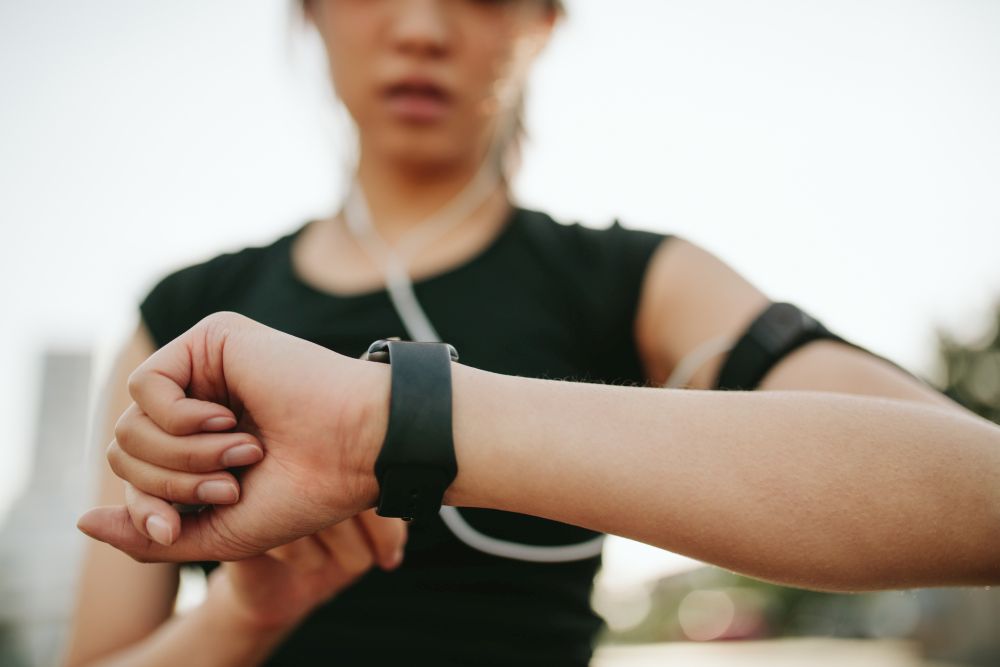Watches found to under-report caloric burn
How many calories are you really burning in a day?

Caloric expenditure is one of the most difficult things to measure. Everything from body composition, metabolic rate, hormones, daily activity, food intake and even sleep can affect how your body burns calories. When it comes to measuring energy out versus energy in, most people use the tracking apps on their watches to estimate what they burned during their workout and refuel based on those numbers.
But, as with all things technology, nothing is fool-proof. Especially when two runners can complete the same workout but have wildly different calorie burn (according to their watches), how accurate is this measurement? It turns out, not as accurate as you’d think.

RELATED: How food guilt can lead to a stress fracture
The research
A 2016 paper out of JAMA International Medicine Journal suggests that, on average, wearable technology (primarily watches) are under-reporting caloric burn by about 300 calories a day. In a test of 12 devices (including companies like Garmin, FitBit and Panasonic) researchers found they were occasionally over-reporting, but on average, under-reporting caloric burn. Measurements from the 12 devices over the course of a standardized day ranged from 278 calories lower to 204 calories higher per day than what was calculated in the metabolic chamber (the gold-standard of measuring energy expenditure). While this range seems fairly accurate, over the course of a year, the discrepancy can make a huge difference.

RELATED: How many calories does run commuting burn?
For example, missing 300 calories a day for a year works out to be over 100,000 calories – or a month of eating. On the other side of that coin, overeating by several hundred calories for one year does the same in the other direction. Depending on your activity habits, missing the mark on either side can mean a few pounds gained or lost.

The consequence
Runners are an active population who can walk the line between a healthy weight and falling a few pounds short. If you’re someone who monitors caloric burn and tracks their diet accordingly, be sure not to take what your watch says too seriously. It’s a guide, but it can be off by as much as a meal a day. If you’re unsure about your dietary habits, it’s much better to consult with a doctor or registered dietician rather than going at it alone.
It’s always better for longterm development to err on the side of healthy over lean, and to focus on forging a good relationship with food. With that in mind, don’t be married to the caloric burn according to your watch and instead eat well and eat when you’re hungry.


